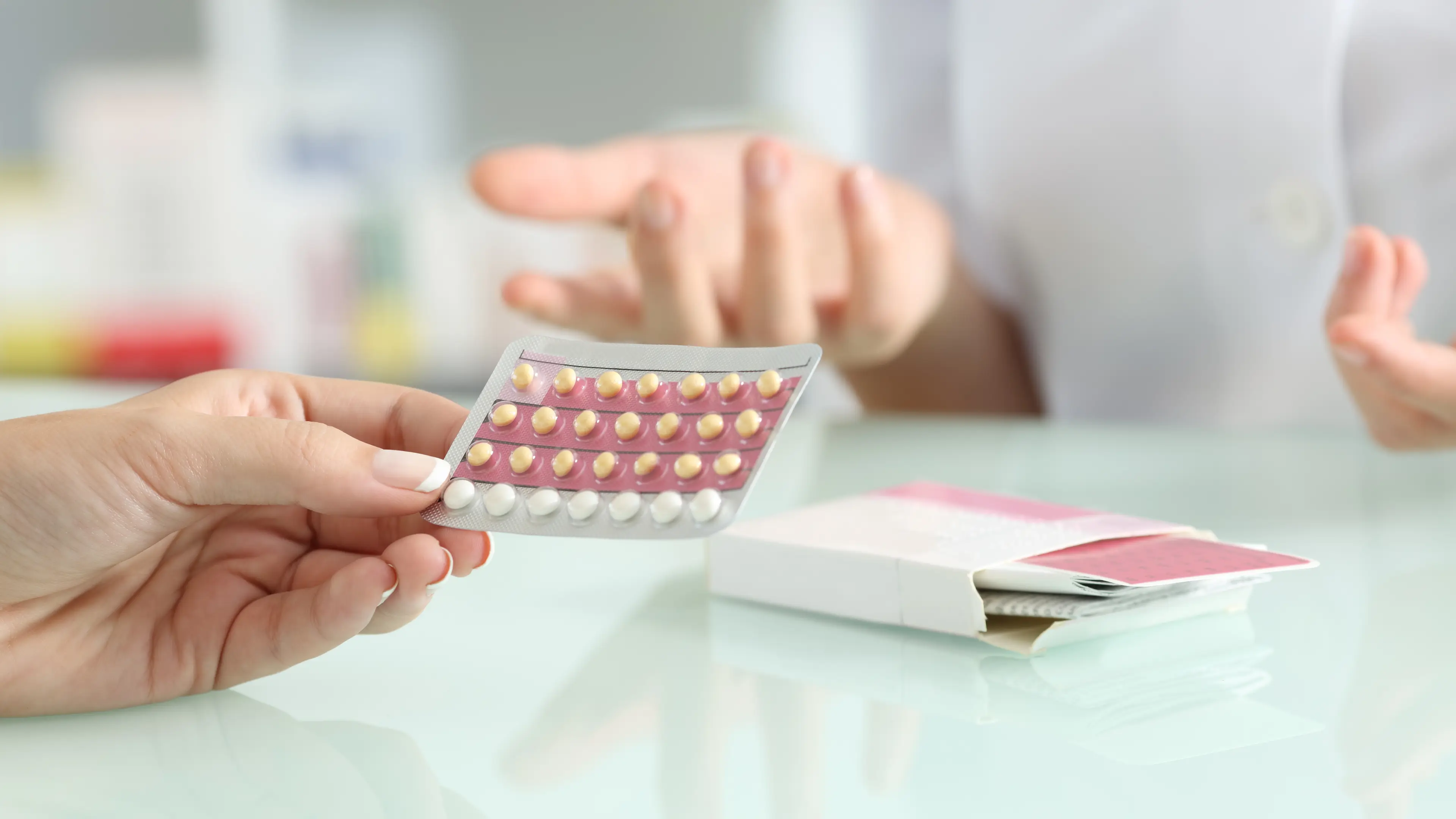
Being one of the 1.1 billion women around the world that rely on contraception means having to face a vast plethora of potential side effects on a daily basis.
And that isn't limited to one type of pregnancy preventer - the injection can make you more susceptible to weight gain, the coil comes with painful installation, and condoms are prone to breakage.
Until recently, however, many ladies claim they had no idea that the risk of developing one particularly serious symptom was heightened for individuals that have been 'on the pill' since their teen years.
For those unfamiliar with how oral contraceptives work, these combined pills contain both oestrogen and progestogen which work by preventing the ovaries from releasing an egg each month.
Advert
This is done by essentially mimicking the body's natural hormones.

According to a 2023 study referenced recently by social media medic Dr Lee Howard, taking oral contraceptives on a prolonged basis can increase the risk of depression developing.
Ever since the pill first began being rolled out to women on a larger scale, consistent studies have taken place attempting to track a possible connection between the contraceptive medication and an increased risk of mood disorders.
As Dr Howard points out, the 2023 study carried out by Johansson, Anderl, Sundström-Poromaa et al on 264,557 women found that individuals who had been taking the pill as a teenager were not only more likely to be diagnosed with depression by 130 percent, but they were more likely to still suffer with the mood disorder 15 years later.
It was also found, in contrast, that women who began taking the pill in their 20s had a slight risk of developing depression, that would only be short-lived in the long-term.
The participants' income, education, physical health and family histories of mental illness were also taken into consideration and controlled, with several sisters even being compared to rule out the possibility of genetics having an influence.
Explaining why this pattern may have formed, Dr Howard suggested that hormonal birth control as a teenager may disrupt serotonin and dopamine regulation, interfere with brain development, or alter long-term stress response systems.
And while the licensed medic doesn't believe this should encourage all teens from coming off the pill, he believes it's vital for women in this age group to be monitored more closely for mood changes, and not have their depression symptoms brushed off by doctors.
Topics: Health, Women's Health, Sex and Relationships